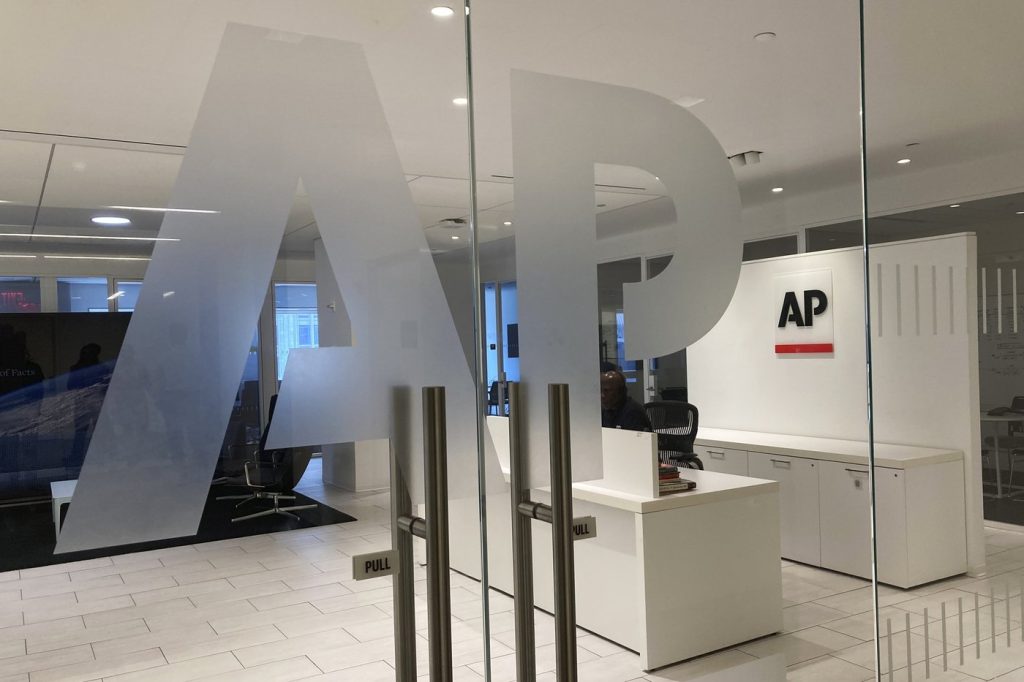On Thursday, a lawyer for The Associated Press (AP) urged a federal judge to reinstate the agency's access to the White House press pool and other official events. This request signifies a critical challenge to the restrictions imposed by the Trump administration, which AP claims is a fundamental attack on freedom of speech that needs to be overturned. The lawyer, Charles Tobin, highlighted that the AP has spent 44 days in the "penalty box," facing a ban that raises significant concerns regarding the administration's stance on press freedom.
The ongoing conflict between the AP and the Biden administration stems from the White House's decision to exclude AP reporters and photographers from the small group of journalists who accompany the president to events. The AP had previously filed a lawsuit against White House Press Secretary Karoline Leavitt and two other officials, demanding restoration of its access. This ban reportedly arose after the AP did not comply with President Trump's executive order to rename the Gulf of Mexico.
The constitutional implications of such a ban are profound. Tobin argued that forbidding a news agency due to its reporting or the terminology it chooses is highly unusual for a nation that guarantees free speech. By imposing consequences on the AP for its editorial decisions, the administration raises alarming questions about what it might seek to control in terms of other news outlets' coverage.
Brian Hudak, representing the government, responded by arguing that the AP has not demonstrated irreparable harm, stating, "There is no showing of exclusion." He noted that the AP could still access events in the East Room and report on arrivals and departures at the White House. However, this assertion contradicts the reality experienced by the AP, which claimed limited access with events in the East Room occurring only sporadically and at the White House's discretion.
Evan Vucci, an AP photographer, testified that the agency is "basically dead in the water on major news stories." Vucci's perspective is underscored by the fact that he captured a widely distributed photo of Trump shortly after an assassination attempt in Pennsylvania. Tobin illustrated the significance of this issue by showcasing a book published by Trump that featured the same photo on its cover.
In a prior hearing, Judge Trevor N. McFadden acknowledged the strong implications of "viewpoint discrimination," indicating that the administration's actions could infringe on journalistic freedoms. The AP has emphasized that its legal action against Trump's team is about more than the name of a geographical feature; it embodies a principle that concerns government control over free expression. Julie Pace, AP's executive editor, articulated this sentiment in an op-ed, stating, "It’s really about whether the government can control what you say."
The White House contended that it has the authority to determine who can ask questions of the president and has attempted to assert control over the traditionally held responsibilities of journalists. President Trump has publicly labeled the AP as a "group of radical left lunatics," declaring that the agency would remain excluded until it concedes to his preferred terminology regarding the Gulf of Mexico.
Despite these restrictions, the AP has continued to report on presidential matters and has been permitted access during Leavitt’s press briefings. However, the ban has resulted in substantial time losses and limitations in reporting, particularly in gathering photographs. Even if Judge McFadden rules in favor of the AP, the response from the White House remains uncertain.
In response to the AP's situation, the White House Correspondents’ Association has rallied its members to support the agency. Its president, Eugene Daniels, attended the court hearing in solidarity. This case is not an isolated incident; it reflects a pattern of aggressive actions taken by the second Trump administration against the press, including FCC investigations into major news networks and threats to funding for public broadcasters like PBS and NPR.
The AP has acknowledged Trump's authority to designate name changes for locations within US jurisdiction, such as reverting the country's tallest mountain back to its previous name, Mount McKinley, from Denali. Pace reiterated that the AP did not seek this conflict but felt compelled to uphold principles regarding the right to free speech. She emphasized the necessity of defending Americans' rights to express themselves freely, stating, "If we don’t step up to defend Americans’ right to speak freely, who will?"










